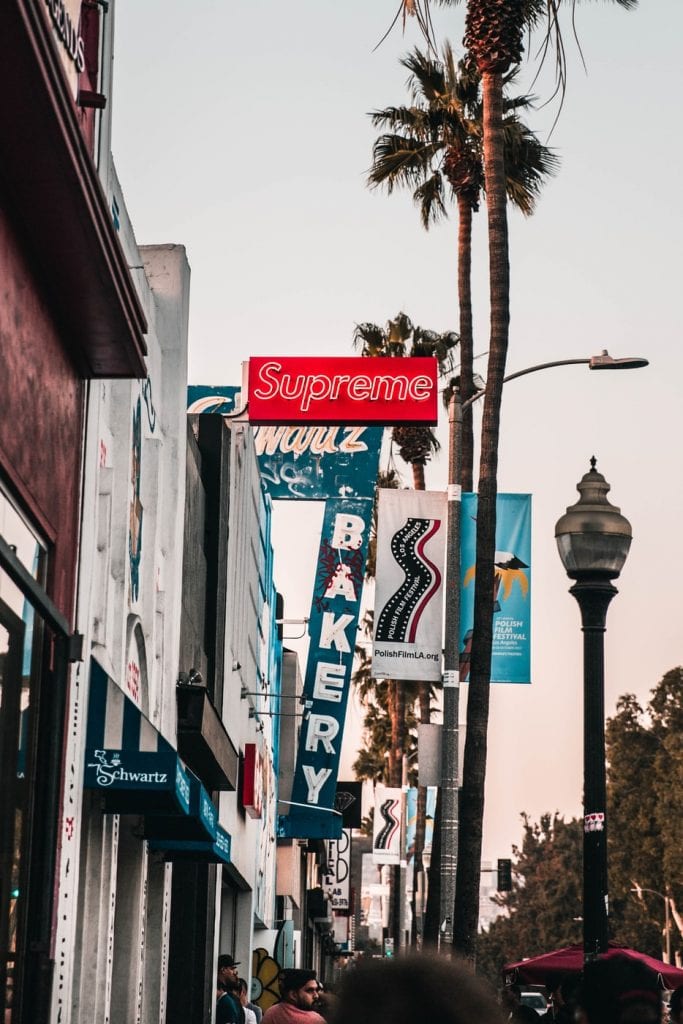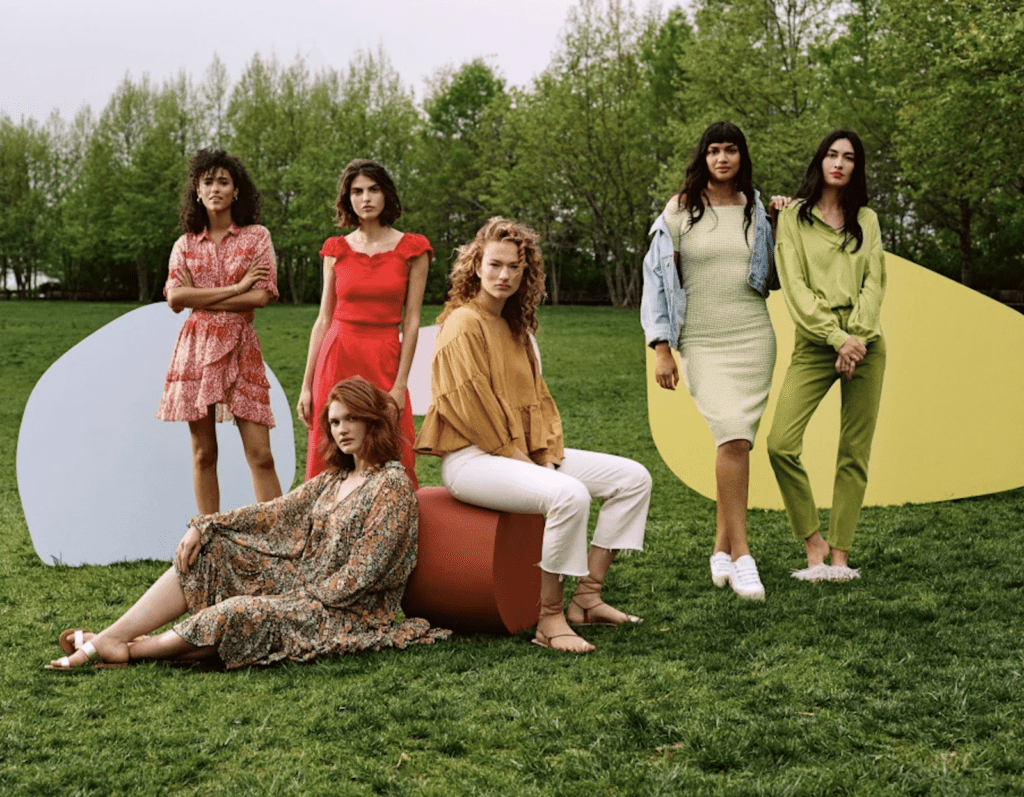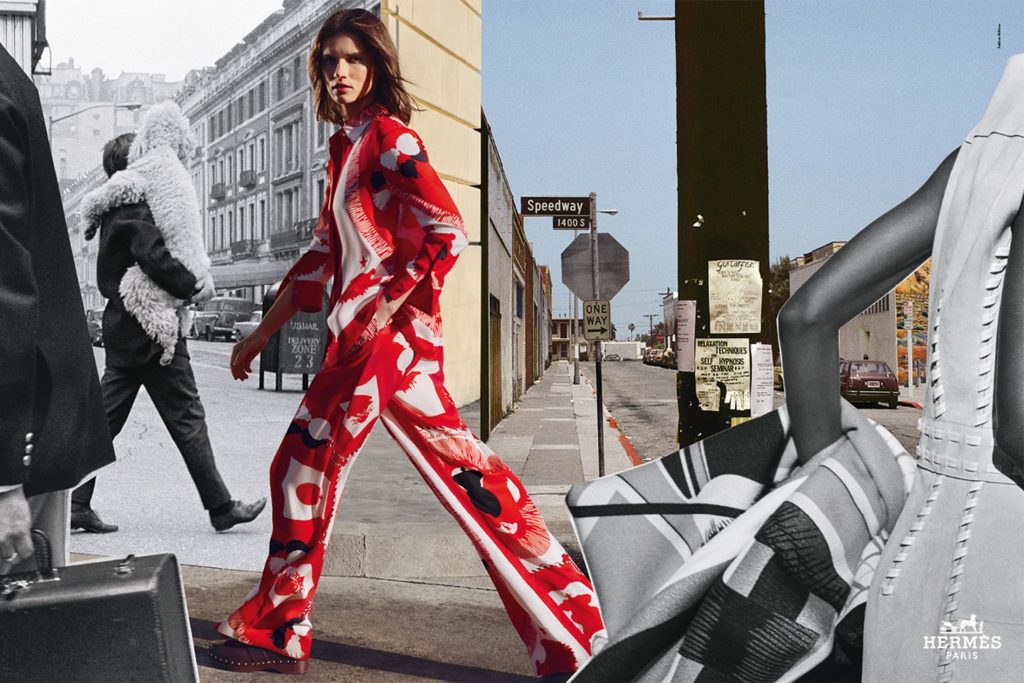Supreme has a new owner. Three years after selling off a reported 50 percent stake to private equity giant Carlyle Group, VF Corp revealed on Monday it will pay $2.1 billion to buy popular streetwear brand. According to a report from CNBC, Denver, Colorado-headquartered VF Corp – which owns a number of brands, including Vans, The North Face, Eastpak, and Timberland – said it will make “an additional payment of up to $300 million subject to satisfaction of certain post-closing milestones.”
The headline-making deal will see VF Corp. take full ownership of Supreme, with current Supreme investors Carlyle Group and New York-based private equity firm Goode Partners agreeing to sell their stakes in the New York-based brand that American-British businessman James Jebbia founded in 1994 and catapulted to streetwear success over the past two decades thanks to its meticulously-crafted strategy of dropping limited edition wares, many of which are branded with Supreme’s name and red-and-white box logo, branding that has found significant fame and no shortage of infringement across the globe.
While Supreme has been able to retain its cool since news broke in October 2017 that it had sold something like a 50 percent stake of its brand to the Carlyle Group for $500 million dollars, thereby valuing the ultra-cult skatewear/streetwear brand, that deal – which was “kept unusually quiet” – raised questions about whether the brand could be cool and corporate at the same time.
“The huge infusion of cash into Supreme [thanks to the Carlyle investment] could potentially alienate the brand’s hard-core supporters, who have thrived on the niche-iest of niches and hard-to-get products,” WWD stated at the time. The fashion publication was referring to the die-hard fans that routinely flock to Supreme’s twelve brick-and-mortar stores (Supreme maintains outposts in London, Paris, New York, Los Angeles, San Francisco, and Japan), and its e-commerce site each week for “drops” of new merchandise, ranging from t-shirts and shorts to branded chopsticks and actual bricks.
That key question remains relevant, particularly given the purely mass model maintained by VF, which certainly seems to suggest that Supreme has opted to trade in its potential for bona fide luxury brand status in favor of widespread distribution going forward, with such growth likely to come in an international capacity if Supreme’s trademark filings and its enforcement efforts are any indication. Executives on both sides have been quick to claim that Supreme will continue to operate in much the same way despite the impending transition.
It is worth arguing that aggressive expansion in China, for instance – where VF is focused on boosting its direct-to-consumer and digital businesses, and where its marquee brand Vans’ sales grew by 22 percent in 2019 – would not necessarily require or actually coincide with an equivalent approach in Western markets, where Supreme may attempt to maintain something of a smaller-footprint status quo in order to hold on to its current positioning and the demand embedded in that. However, continued demand for and careful development of Supreme in the West (and elsewhere) assumes that VF knows how to manage a brand whose positioning is much closer to luxury (although, it is not a luxury brand) than mass market.
While VF has been wildly successful at revamping and creating staying power for Vans, which it acquired in 2004 when the sneaker company’s decades-long growth streak was slowing and the brand, itself, was largely considered to be “stale” in the minds of consumers, there is little indication that VF has the requisite know-how to do so for Supreme in anything but a middle-market capacity. This raises questions about why Supreme did not look upmarket and end up in bed with a luxury group, such as LVMH, which it successfully collaborated with back in 2017 by way of its Louis Vuitton label, and which could have elevated Supreme into the upper echelon.
In a statement on Monday, VF Corp Chief Executive Officer Steve Rendle said that effectively bringing Supreme under its umbrella “will take time,” noting that Supreme “will continue to operate as it always has. We do not look to come in and make any changes. We are here to help, support and enable.” He pointed specifically to Supreme’s “approach to consumer engagement, their thoughtful focus on delivering quality product at a really consistently high rate and their deep understanding of what their customers are expecting.”
Rendle says that the deal will see Supreme “further accelerate VF’s hyper-digital business model transformation,” a particularly relevant move in light of COVID-19-related demand for e-commerce, which has served to accelerate a larger movement towards digitalization that pre-dates the onset of the global health pandemic.
Meanwhile, VF Corp.’s executive vice president and chief financial officer Scott Roe says that the company is not looking to reinvent the wheel for Supreme. “We are not coming in with a new plan or approach, because frankly they’re pretty darn good at it,” he said. “Supreme has done a masterful job in the COVID period and maintained that flexible connection with this consumer. When stores closed, their online business was robust and through the COVID period they have actually grown their business at a high-single digit rate year-to-date and even accelerated recently.”
At the same time, Supreme founder James Jebbia – who will remain onboard along with his senior leadership team – stated, “We are proud to join VF, a world-class company that is home to great brands we have worked with for years, including The North Face, Vans, and Timberland. This partnership will maintain our unique culture and independence, while allowing us to grow on the same path we’ve been on since 1994.”
The impending acquisition – which rings in at $2.1 billion, or a cool $1.1 billion more than the valuation of Supreme in the connection with the Carlyle deal just three years ago – is expected to close by the end of this year.











